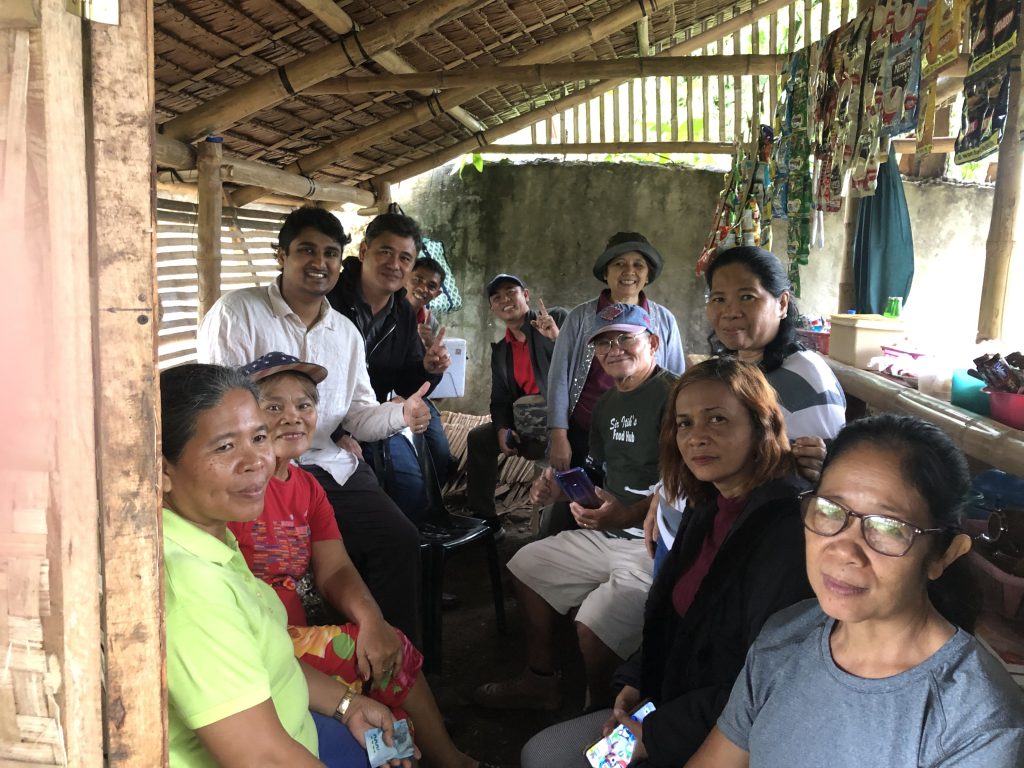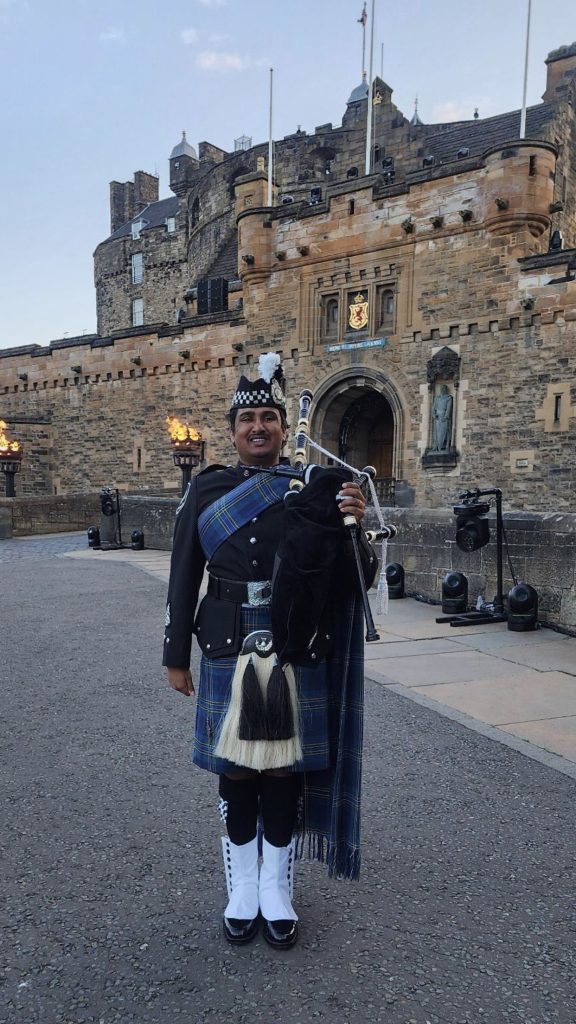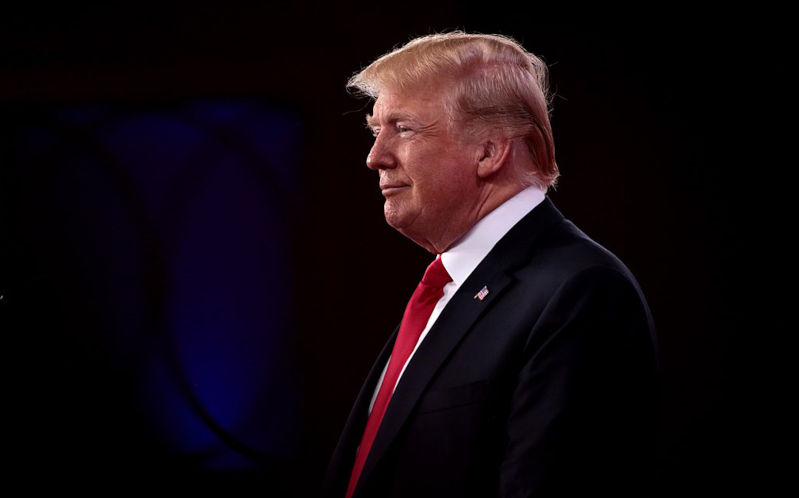Trump versus a young man on a mission
April 22, 2025
Less than three months into the 48 that the world will have to endure his second presidency, Donald Trump is, on a charitable view, now pretty much a caricature of himself.
Many of us try to make light of absurdities like his “yes … no … wait” approach to tariffs while focusing on our votes on 3 May with a focus on “what’s in it for us?” in our “cost-of-living crisis”.
We quarantine from our thoughts the narcissistic, megalomaniacal incompetent in the White House. I mean, we didn’t go into recession in the GFC, we survived COVID OK, and we’ve still got plenty of rocks in the quarry. She’ll be right, eh?
We might forgive any number of people, especially those in their 20s trying to get a mortgage, for having at least some of the thoughts above. But it’s one of their number who knows better than most the true horror — in terms of tens of thousands of deaths — that Trump is about to cause, and he is doing plenty about it.
Meet James Senanayake, 27, a senior economist with the federal government, who has most recently been analysing international impacts on Australia’s economy.
He should have been leaving that role for good about now to take up a one-bedroom apartment in Manila and run the livelihood team for International Care Ministries.
That’s the Christian charity that has just, like so many other organisations, lost funding from the US Agency for International Development, which the Trump administration aims to shut down by July.
ICM, luckily, has other funding. Founded in 1992, it received a massive injection of funds when a group of Hong Kong bankers got heavily involved in 1997.
James’ role with the livelihood team was to get people out of “ultra-poverty” (ie living on less than 65c a day) and, based in Manila, he was to travel to a dozen other bases in the Philippines and also roam as far afield as Uganda and Burundi.
Thanks to the USAID axing, ICM had to cut its workforce from 700 down to 520, with 690 of the 700 having been Filipino.

While James’ role was still open, he held back, seriously troubled by the thought that, if the locals were losing jobs in such great numbers, they might not be too keen on “foreigners” being recruited for senior roles.
After some delay, he still plans to go, with his wife, Kristina, who will maintain an Australian job (working in telehealth) while James goes about saving lives.
Their tickets are one-way.
One of ICM’s approaches is to establish “savings groups” of 30 families (about 200 people) which hold each other to account so that they can grow, receive loans for business and become self-supporting.
“It’s all about achieving buy-in,” says James, who is well aware of local culture and practice, such as many villages in the very-religious Philippines having “pastors as chieftains”.
Previous ICM programs had eradicated malnutrition in some areas with 80% of the beneficiaries being female. While he’s still going to give it a go, James recounts some stark numbers.
Axing USAID means US$1 million for tuberculosis screening is gone. That means 10,000 Filipinos won’t be screened. Even if the death rate were 1% (James estimates it would be higher), that’s 100 deaths.
The absence of funding for AIDS screening in Africa? Just add zeroes to the death toll. James foresaw the Trump cuts costing perhaps two million lives.
So, while the rest of us get ready to head along to the polling booth in three weeks and then shuffle back out to the footy or Bunnings or home, James will be getting ready for his journey.
He’s giving up more than most.

His parents came from Sri Lanka in the late 1980s, and he was born here in 1998. Apart from his recognised economic talents, he is a fine pianist, having achieved AmusA (Associate in Music, Australia) awarded by the Australian Music Examinations Board only to outstanding candidates in music performance, music theory and musicianship.
He is also a talented bagpiper, having learnt that instrument at Brisbane Boys College and competing last year at the World Championships in Glasgow as well as performing at the Royal Edinburgh Military Tattoo over the same time period.
His government job will go firmly into the rear-view mirror, too, replaced, James acknowledges, by an ICM job that will be continuingly uncertain in the Trumpian world.
But he is unfazed: “If I come back and have to work at McDonald’s or drive an Uber, why not? The pain suffered by millions in poverty far outweighs the privileged ‘risk’ we seem to be undertaking.”


